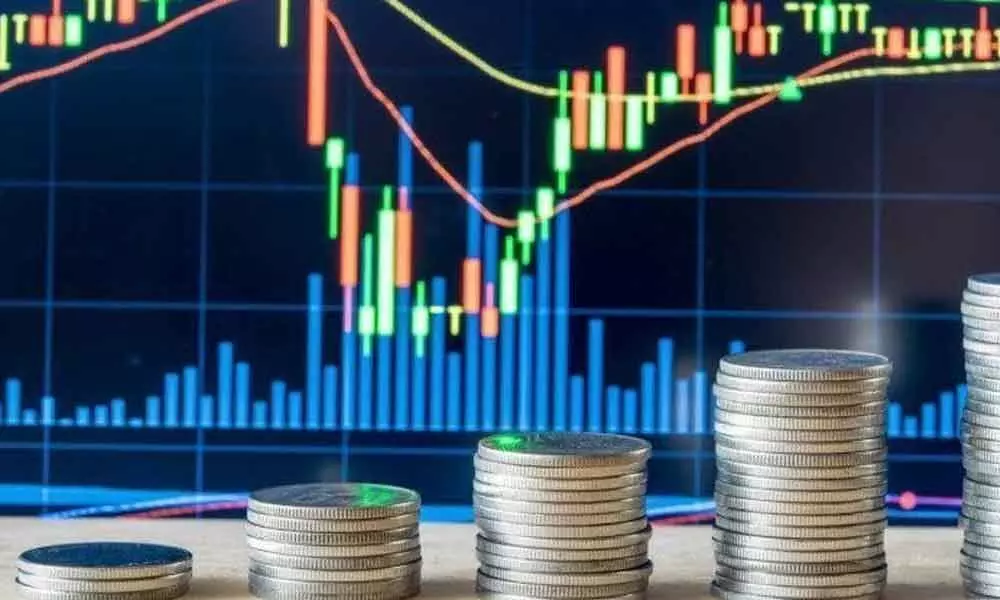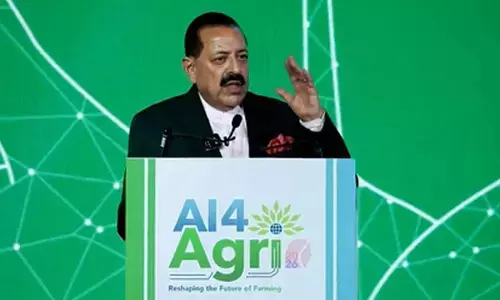Did slowdown halt BJP surge in Ma-Ha polls?

Politics, economy and elections are interlinked, whether one agrees with this assumption or not.
Politics, economy and elections are interlinked, whether one agrees with this assumption or not. When economy is in good shape, the incumbent governments get solid support from people without any hitch during elections unless there is any chaotic situation or widespread corruption.
When polls were announced for Maharashtra and Haryana assemblies, BJP which has been ruling the two states since 2014 was expected to retain the both, with a thumping majority. Those projections turned out to be false when actual results were out on October 24. While Haryana threw up a hung assembly, BJP and its local alliance partner Shiva Sena managed to scrape through in Maharashtra.
Why BJP was on the backfoot in the two states within a few months of winning Lok Sabha elections with an overwhelming majority? One key reason appears to be economic slowdown the country is currently undergoing. GDP growth rate hit a six-year low of five per cent during April-June period or first quarter of this fiscal. The economy clocked 8.2 per cent in the same period in 2018 and 5.8 per cent upswing in the previous three months.
Agriculture sector's growth has also been on the decline for the past one and a half year, taking heavy toll on rural economy. Moreover, the growth rate is unlikely to pick up in near-term.
After coming to power for second time in a row in May this year, BJP government at the Centre led by Gujarat strongman Narendra Domadardas Modi initiated several bold measures like scrapping of Article 370 that granted autonomy to Jammu & Kashmir.
But such developments though pathbreaking will not have much impact on people when they face economic hardships. That was clearly visible in the election outcomes in Maharashtra and Haryana.
Apart from economic slowdown, the other key reason that worked against BJP was anti-incumbency against local BJP leadership. Indian voters seem to be a matured lot now and they know what they want from elections. And that's more visible in the latest elections. In 2019 General Elections held in May this year, BJP made a clean sweep in Haryana by winning all 10 MP seats. That too with an overwhelming vote share of 58 per cent.
In this week's elections, the saffron party's vote share has drastically come down to 28 per cent and BJP failed to get simple majority in Assembly elections though it has emerged as single largest party and is on the cusp of forming government with support of Jannayak Janta Party (JJP) led by young Dushyant Chautala.
In Maharashtra too, BJP-Shiv Sena alliance bagged a whopping 41 out of 48 MPs in the General Elections. That way, it was a massive victory for the alliance as it walked away with 85 per cent of MP seats in the country's richest State.
Surprisingly, things turned topsy-turvy for the saffron alliance within a span of five months. In the Assembly elections held on October 21, the alliance managed to win just 161 of 288 total seats in Maharashtra Assembly. That works out to be just 56 per cent of total seats. Further, BJP saw its seats falling by 17 from 122 MLA seats in 2014 to 105 now. Shiv Sen's tally fell to 56 seats from 63 in 2014.
These numbers reveal that fortunes of BJP drastically changed from this year's Lok Sabha to Assembly elections. That makes an interesting reading. While people overwhelmingly supported Modi as Prime Minister for second term in Lok Sabha elections in these two states, they did not hide their displeasure over the local leadership in assembly polls.
I observed this trend even in Uttar Pradesh when I toured the country's most-populated State during the General Elections. A large section of people there preferred BJP and its mercurial leader Modi in Lok Sabha polls even though they were not happy with the performance of BJP Chief Minister Yogi Adityanath in that State.
Anyway, the behaviour of economy will continue to have a serious bearing on assembly elections that will be held over next three to four years. It will also play key role in next General Elections scheduled for 2024.
If Modi government succeeds in turning around the economy, and puts it on higher growth track, then BJP will have a smooth sailing in future elections. Otherwise, it will land in more trouble. So, it's testing time for the saffron party.








